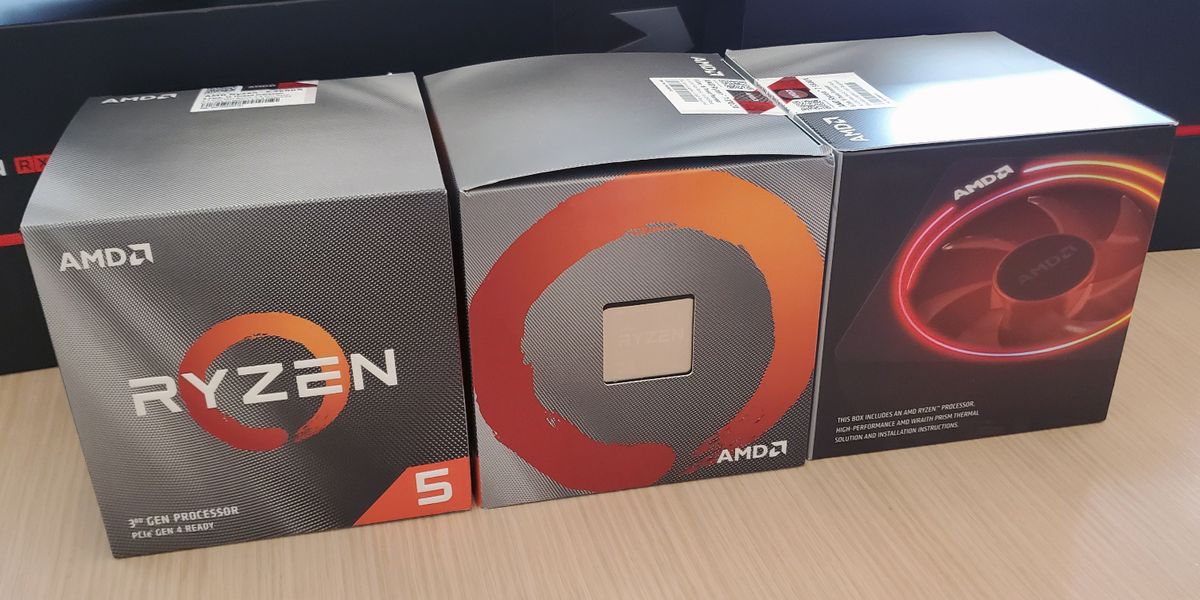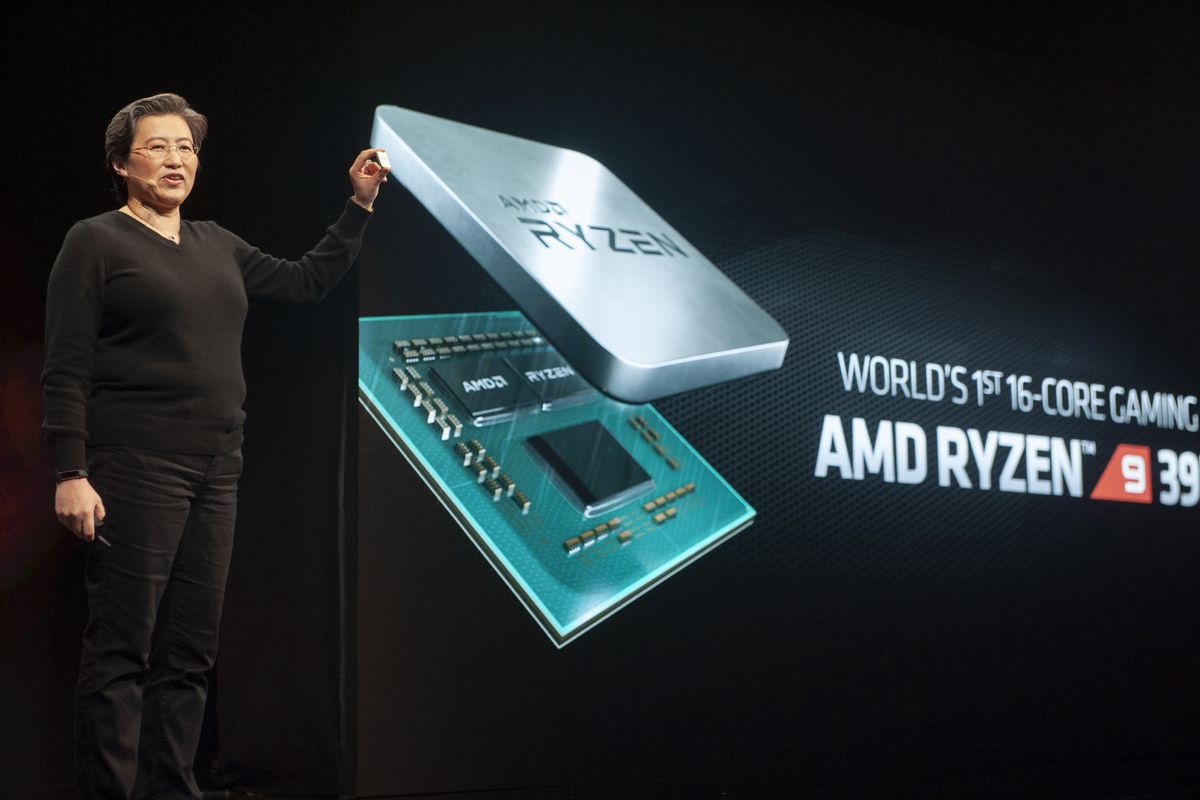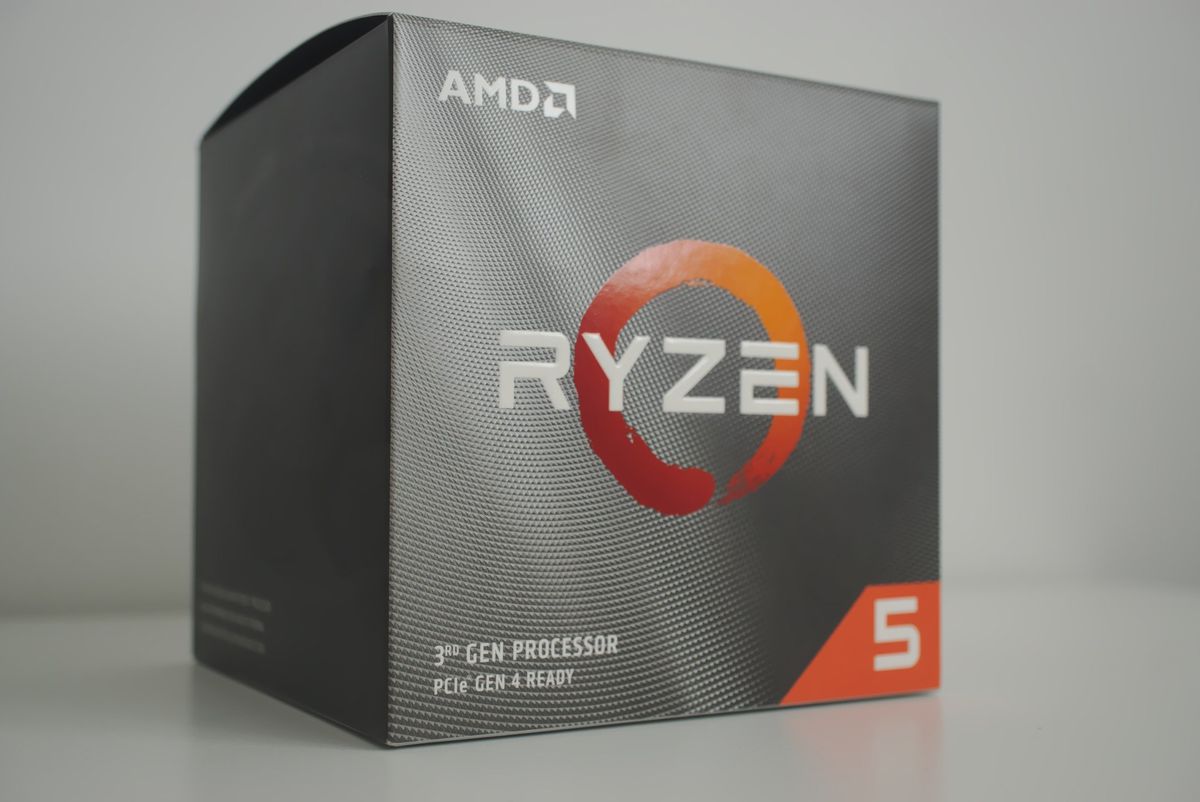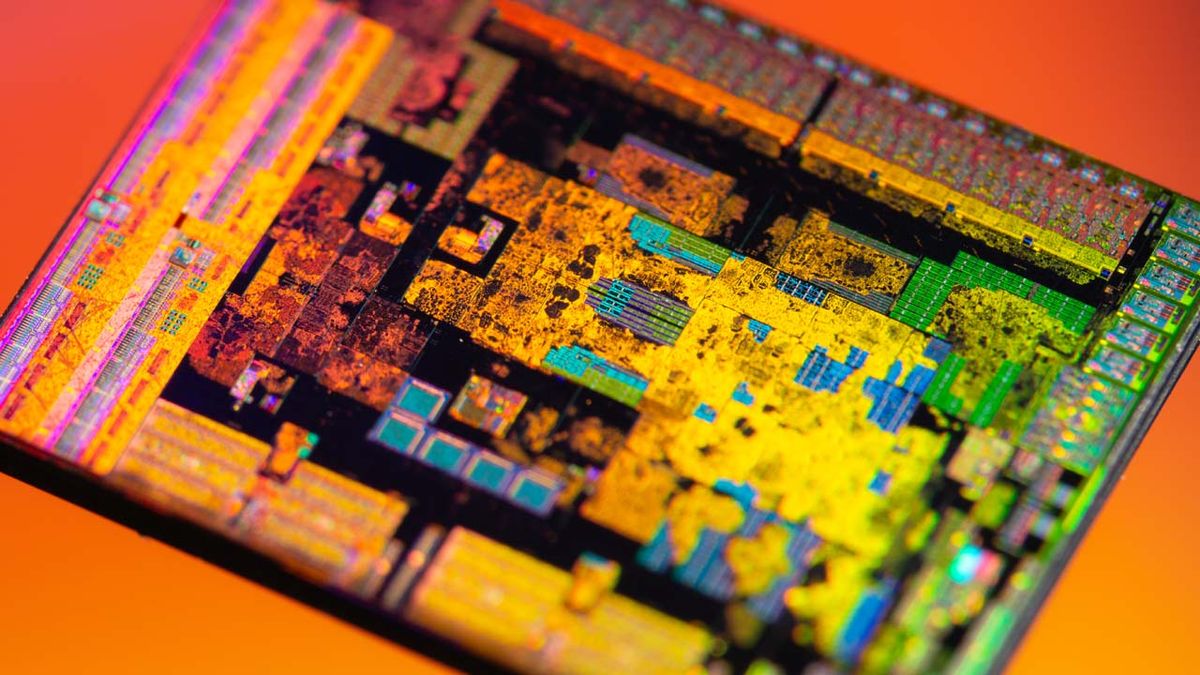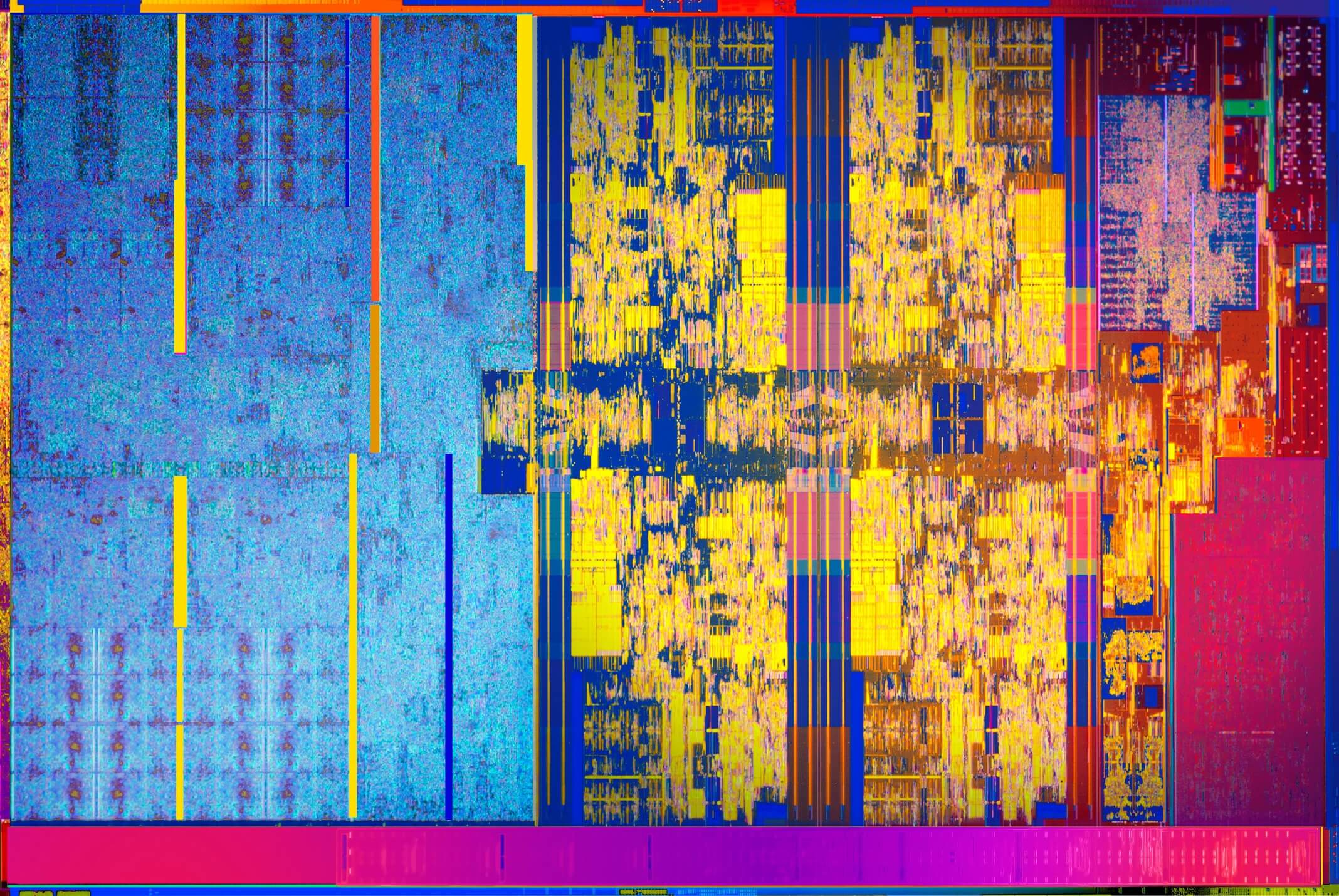Look how Steve compares launch MSRP prices in this very 12600k review you just read mate. Look at the start of the article for the actual table, it is a bit of a mess here.
i9 12900K i7 12700K i5 12600K i9 11900K i711700K
MSRP $ $650 $450 $320 $540 $400
Release Date November 2021 March 2021
See how Steve does it mate? He compares launch MSRP to launch MSRP, not discounted/raised prices on the 11th or 12th gen CPUs, he uses Intels official launch MSRP for both 11th and 12th gen, to determine how much Intel raised or lowered prices from gen to gen. Same as every publication does. And we do the same for AMD.
Here is AMDs official launch prices for 3000 and 5000 series. Now compare the 3600X to the 5600X (not the 3600 because the 5600X replaced the 3600X, not the 3600), and compare the 3800X to the 5800X (not the 3700X because the 5800X replaced the 3800X, not the 3700X). Scroll down a bit in the articles for the full 3000 series lineup launch MSRP prices:
3000 series launch MSRP.
Out of the box, the Ryzen 5 3600X is the best processor in its price range for gaming and productivity, marking a massive shift in the mid-range competitive landscape.

www.tomshardware.com

www.anandtech.com
Third gen Ryzen will bring 7nm, improved performance, and faster clockspeeds to AMD's CPUs

www.pcgamer.com
AMD's mid-range flagship CPU is everything you need and more, offering a fantastic value proposition.

www.windowscentral.com
5000 series launch MSRP.
The Zen 3 cometh

www.tomshardware.com
According to all publications, the 5600X was $50 higher launch MSRP compared to the 3600X, the 5800X was $50 higher launch MSRP compared to the 3800X, same goes for the 5900X and 5950X over the 3900X and 3950X. AMD didn't have 3600 and 3700X replacements at 5000 launch, only 3600X and 3800X replacements with the 5600X and 5800X.
Zen2
- AMD Ryzen 9 3950X: $749 (about £570, AU$1,070)
- AMD Ryzen 9 3900X: $499 (about £390, AU$720)
- AMD Ryzen 7 3800X: $399 (about £310, AU$580)
- AMD Ryzen 5 3600X: $249 (about £200, AU$360)
(I removed the 3600/3700X, as they are irreverent as they had no 5000 series replacements at launch).
AMD Ryzen 9 5950X: $799 (around £620, AU$1,100)
- AMD Ryzen 9 5900X: $549 (around £420, AU$760)
- AMD Ryzen 7 5800X: $449 (around £350, AU$630)
- AMD Ryzen 5 5600X: $299 (around £230, AU$420)
And just as Steve used launch MSRP vs launch MSRP to determine Intels pricing adjustments (and not discounted/raised prices that are available now or back then), we do the same for AMD mate. And all publications do exactly the same as Steve did to determine AMD and Intels gen to gen pricing adjustments.
The method you are using mate, is your own personal system of using discounted 3000 prices and incorrect SKU models, and comparing that to launch MSRP prices for 5000 series, to show 5000 series launch MSRP was much higher than the official $50 it actually was vs 3000 series equivalents official launch MSRP SKU vs SKU. But your method goes against the accepted industry/publication wide standard for determining accurate gen to gen pricing increases/decreases for AMD and Intel (and NVIDIA GPU gen to gen GPU pricing as well).
Discounts/raised prices of course should be factored into a buying decision, and many publications make side notes on real world pricing, but they don't use it to determine official launch MSRP gen vs gen price adjustments. So prices you find in the real world at retailers (like an $200 3800X/11700K for instance) must be considered when actually purchasing, but we don't use retailer pricing (and definitely not prior years nor years later discounts either vs new MSRP) to determine how much AMD/Intel/NVIDIA actually raised/lowered prices from gen to gen, because other prices are up to the retailers, not AMD/Intel/NVIDIA, unless there is official pricing adjustments to MSRP by said companies.
But for launch pricing determination, we (and the industry/publications) always use the official launch MSRP (as in time of release launch MSRP) vs offical launch MSRP (time of release) that was set by AMD/Intel/NVIDIA to determine actual gen to gen pricing increases/decreases (adjustments). If your personal system for determining price increases/decreases gen to gen makes you happy mate, then that's great, I am happy you're happy, and I will leave you to it, but it is not the industry/publication accepted standard for determining actual gen to gen pricing adjustments. And I am not fighting nor being aggressive with you mate, so please don't take it as such, my primary language is Afrikaans, so I don't have the same finesse when using English

